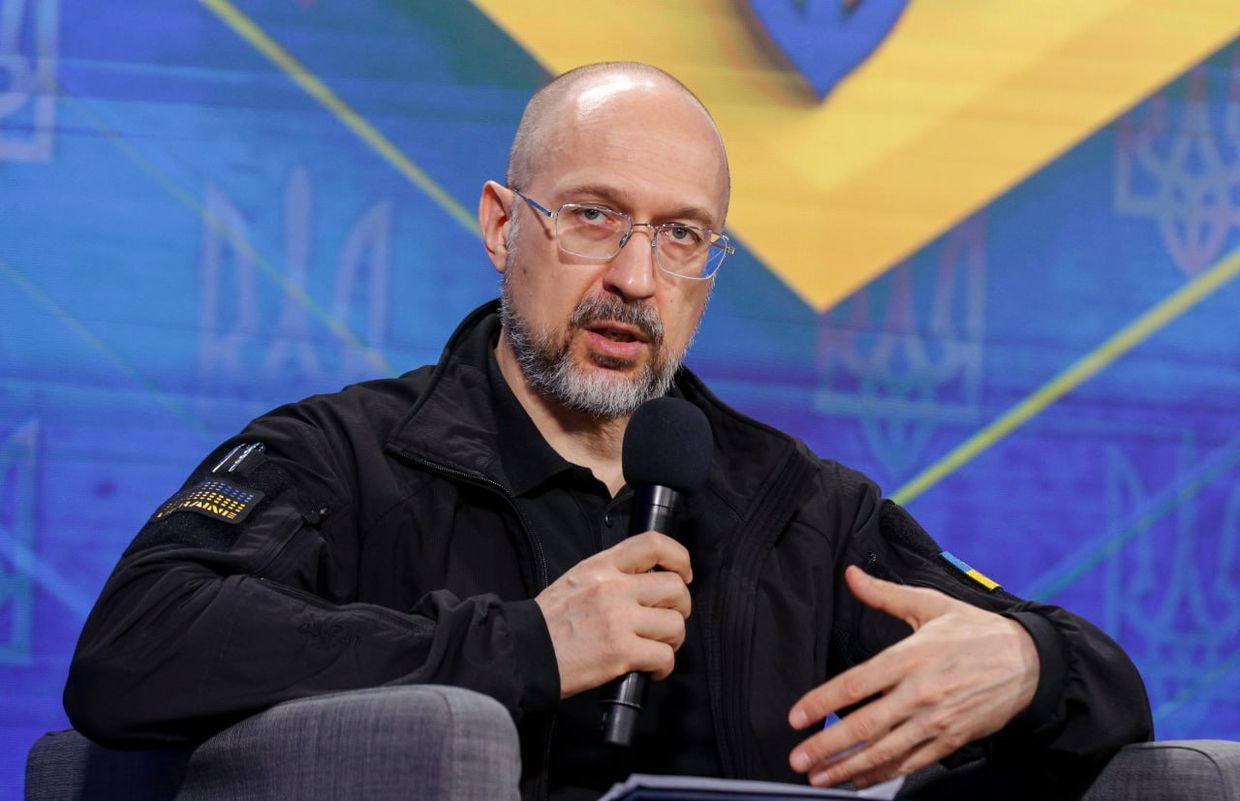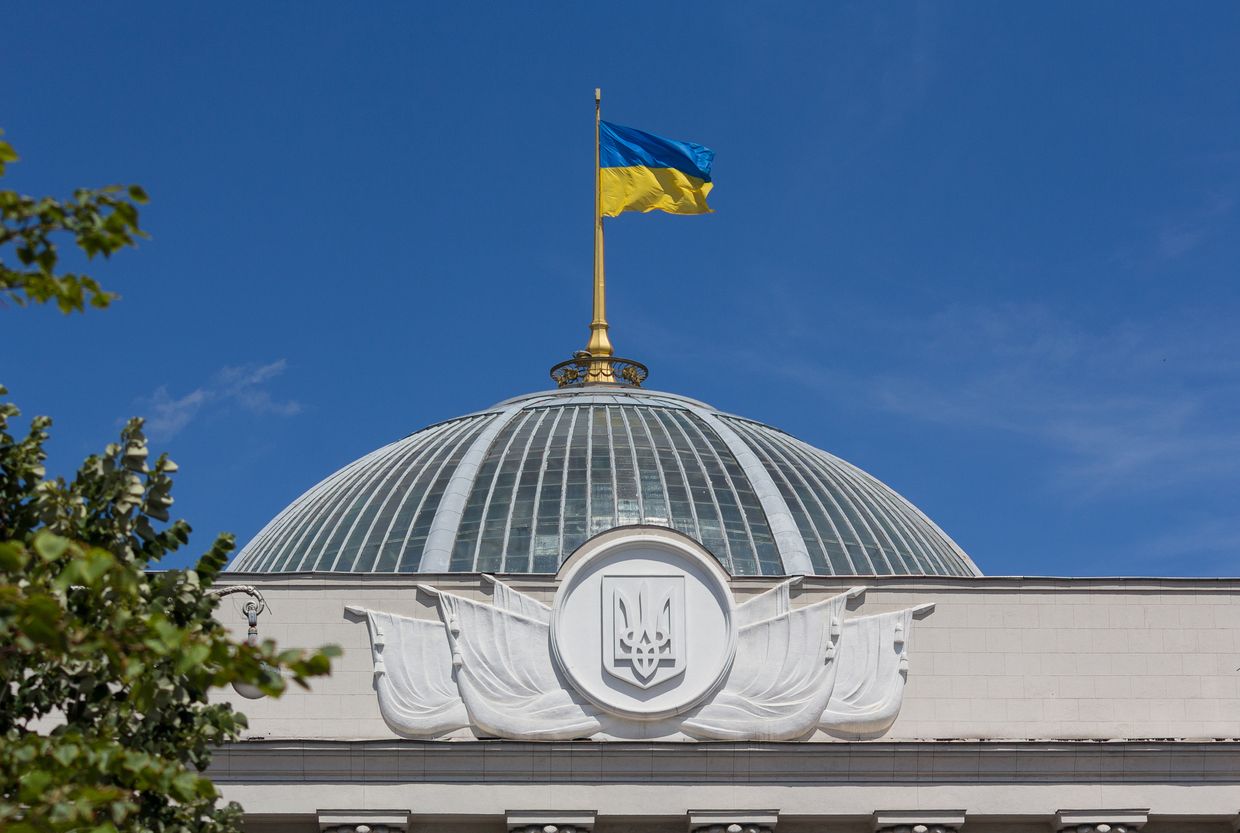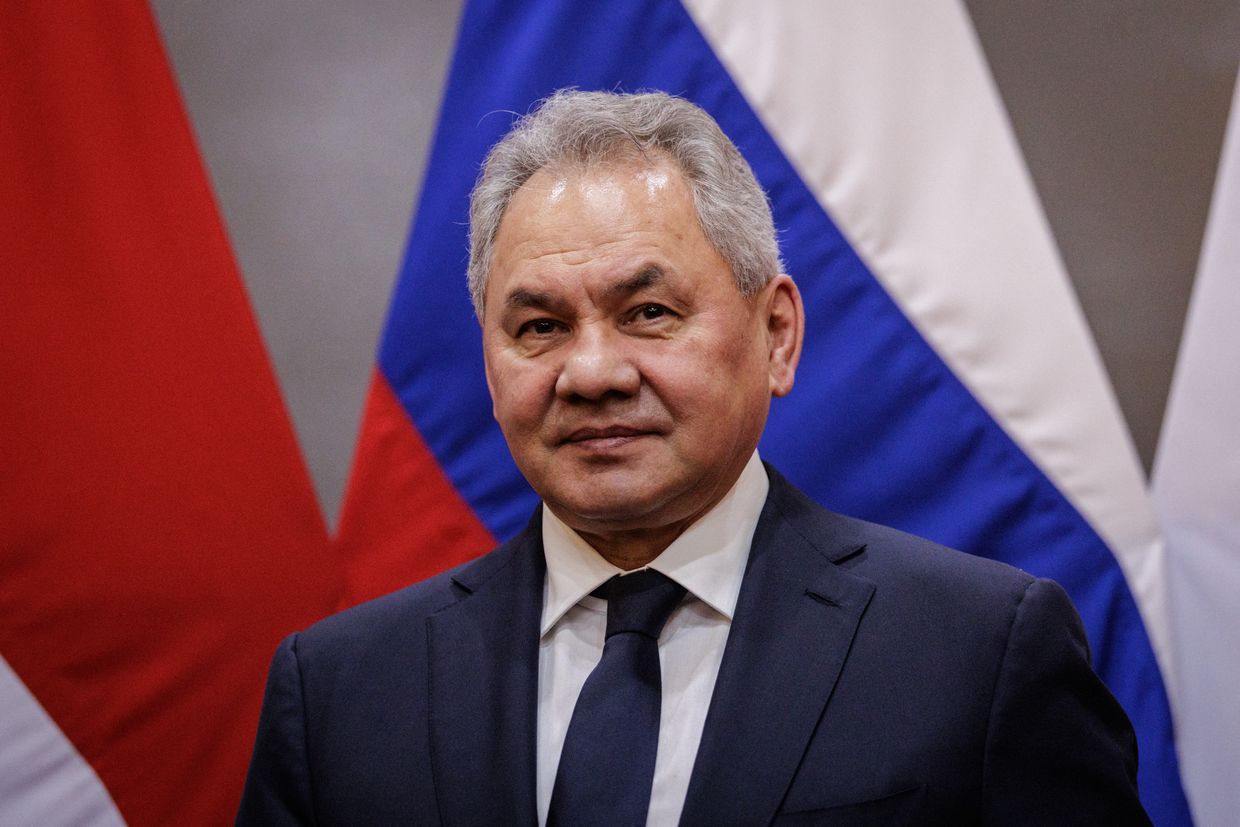Editor’s note: This is issue 70 of Ukrainian lawmaker Yaroslav Zhelezniak’s weekly “Ukrainian Economy in Brief” newsletter, covering events from Aug. 19- Aug. 25, 2024. The digest highlights steps taken in the Ukrainian parliament related to business, economics, and international financial programs.
The Kyiv Independent is republishing with permission.
Benchmarks and soft commitments in the memorandum with the IMF
Ukrainian ministries have already submitted their candidates to the commission for selecting a director for the Economic Bureau of Security. The Cabinet of Ministers still hasn’t received a list of candidates to the commission from international partners.
The Cabinet of Ministers has already received the first candidates which will represent the government in the commission for the selection of the director for the Economic Bureau of Security (known in Ukraine by its Ukrainian acronym BEB).
The Economy Ministry, the Internal Affairs Ministry, and the Finance Ministry submitted four candidates, from which the Cabinet must choose three members of the commission. The Justice Ministry refused to submit any candidates. Experts at the Anti-Corruption Action Centre (AntAC) are currently doing an integrity check of the candidates' bios.
Three other members of the competition commission should be determined by the Cabinet from a joint list from international organizations. However, such a list hasn’t been submitted yet.
According to the law, the deadline for the formation of the commission for the selection of the BEB director is Aug. 30.
Obligations to the EU
The parliament met several requirements of the EU.
Last week, Ukraine's parliament, the Verkhovna Rada adopted in final reading draft law #10411 with amendments to the Customs Code of Ukraine to implement the number of provisions in line with the European Customs Code.
Secondly, the Verkhovna Rada unblocked draft law#11256-2 regarding the increase of the excise tax on fuel. The draft law has been already signed by the chair of the Parliament and passed to the president. We can expect that the draft law will be signed and come into force from Sept. 1, 2024.

The Verkhovna Rada made the first step needed to fulfill an obligation to increase a number of the HACC’s members.
The Verkhovna Rada adopted in the first reading draft law #11426 to prolong the mandate of the Public Council of International Experts (PCIE) that will vet candidates for the High Anti-Corruption Court (HACC) until the end of selection process. The prolonged mandate will expire on Nov. 01, 2025. This step is needed given the PCIE’s expiry in October 2024, as more time is needed to finish the ongoing selection process of new HACC judges.
Until the beginning of September, lawmakers can submit their amendments to the draft law for the second reading. The adoption of the draft law will implement the EU recommendations, soft commitments to the IMF and will make a necessary step for Ukraine to be able to fulfill the obligations of the Ukraine Facility to increase the number of HACC’s members (with the deadline set for the first quarter 2025).
Other key issues
The Parliament summoned the Energy Ministry due to numerous corruption cases.
Last week, the Verkhovna Rada supported the decision to urgently summon Energy Minister Herman Halushchenko to report on dealing with corruption regarding three recent National Anti-Corruption Bureau of Ukraine (NABU) investigations against three officials from the ministry. Unfortunately, the minister has yet to report.
The president signed a draft law to ban the Moscow-linked church in Ukraine.
President Volodymyr Zelensky signed draft law #8371 which bans the activities of religious organizations that have ties with Russia. On Aug. 20, the draft law was adopted by the parliament in the final reading. The bill would provide legal grounds to ban the Moscow-linked Ukrainian Orthodox Church.
The president signed the bill which ratifies ICC's Rome Statute.
Zelensky signed draft law #0285 to ratify the Rome Statute of the International Criminal Court (ICC). On Aug. 21, the draft law was adopted by the Verkhovna Rada in the final reading by 281 votes. It will come into effect 60 days after being received by the U.N. secretary general.















